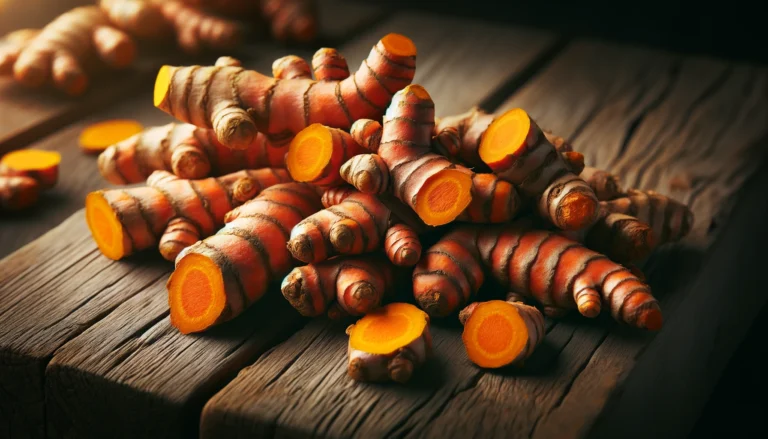How Long Can You Take Turmeric?
The duration one can take turmeric depends on individual circumstances and health goals. Turmeric, especially its active compound curcumin, is generally considered safe when consumed in culinary amounts. For long-term supplementation or higher doses for specific health purposes, it’s advisable to consult with a healthcare professional. They can provide personalized guidance based on factors such…











